6 Minutes
Why crime dramas dominate modern TV
Crime series have long been a cornerstone of quality television. From HBO prestige dramas to gritty BBC exports and anthology hits on cable and streaming, the genre offers a unique mix of moral complexity, suspense, and character-driven storytelling. These shows often read like serialized novels—rich with ambiguous protagonists, social commentary, and plotlines that keep viewers hooked season after season.
The Sopranos
Why it matters
David Chase’s The Sopranos rewired audience expectations for TV drama. Centering on Tony Soprano’s therapy sessions and family life, the series elevated the mafia story into psychological territory. Its attention to character beats, moral ambiguity, and everyday brutality influenced everything from prestige cable dramas to crime films that followed.
Trivia & influence
Many credit The Sopranos with launching the era of 'peak TV.' The show’s realist approach inspired filmmakers and game developers alike, and its tonal DNA can be traced to later series about antiheroes and organized crime.
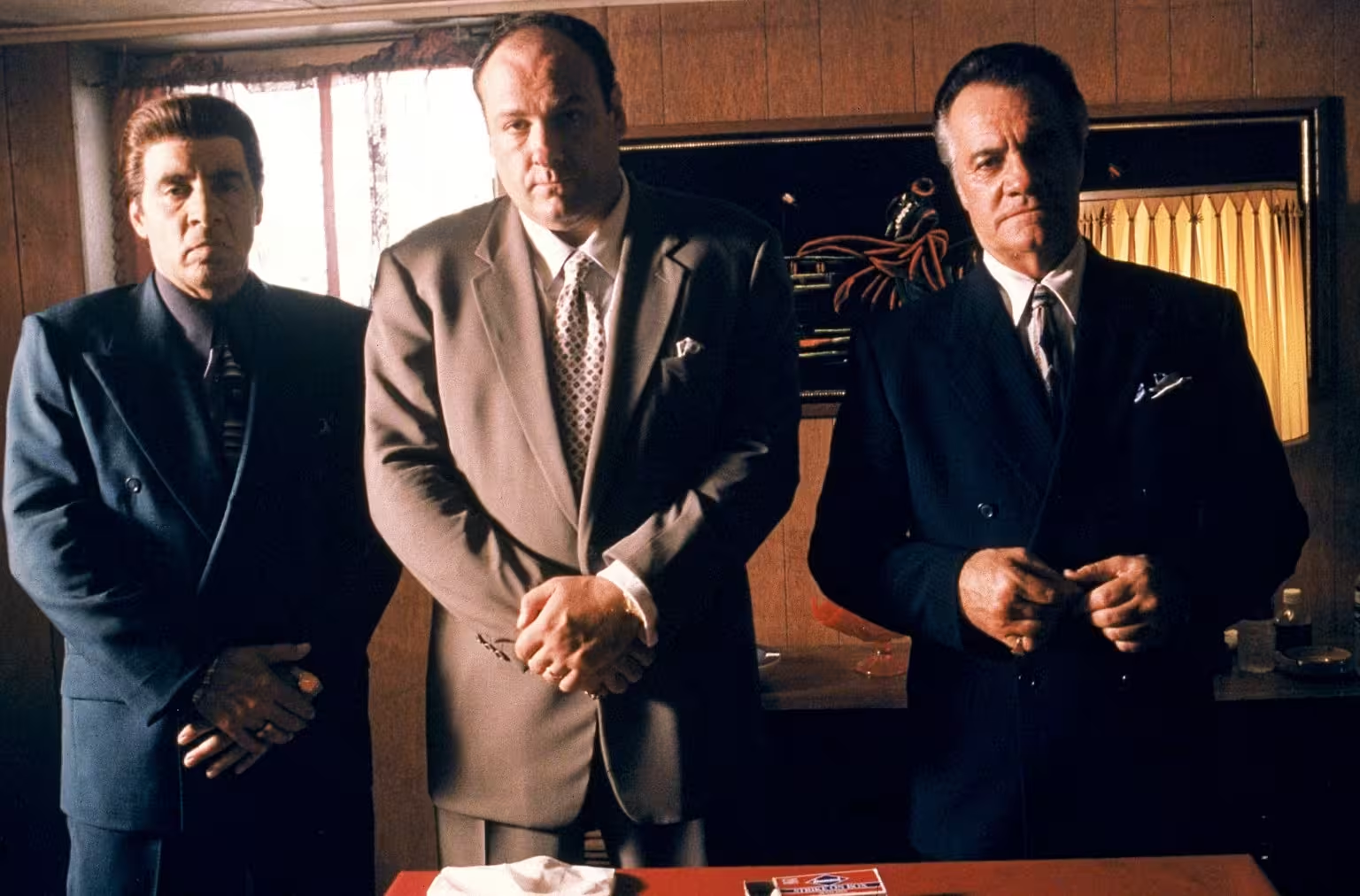
The Wire
Why it matters
The Wire is as much a social novel as a police procedural. Creator David Simon used Baltimore’s institutions—the police, the press, the schools—to map how systemic forces shape crime. With each season shifting perspective, the show became a study in cause and consequence rather than simple whodunit storytelling.
Comparison & context
Where other crime series focus on a central lead, The Wire’s ensemble approach and documentary-like realism paved the way for later socially conscious shows like Top Boy and even influenced some modern true-crime documentaries.
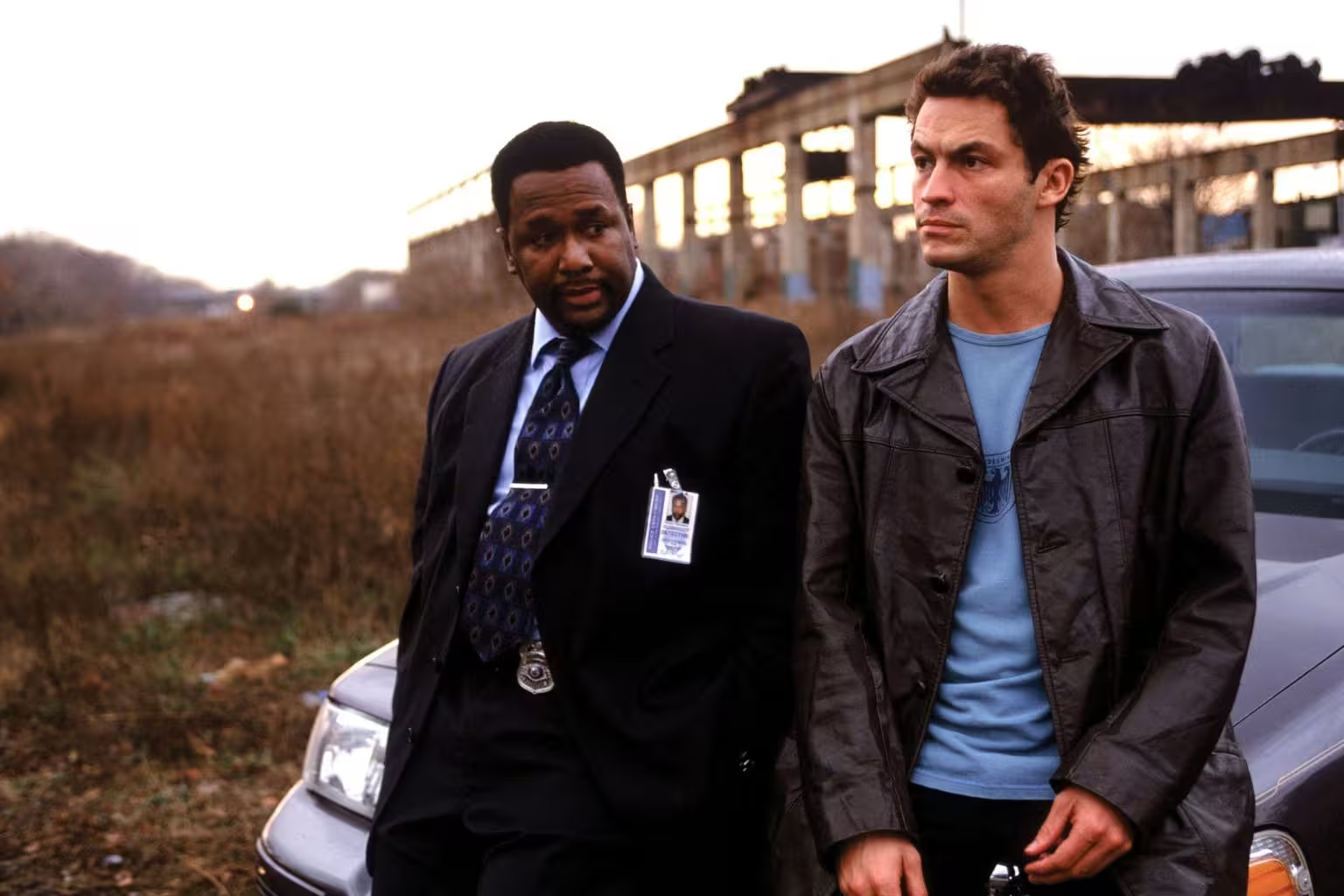
Breaking Bad
Why it matters
Breaking Bad charts one of TV’s most compelling transformations: Walter White’s slow slide from a sympathetic chemistry teacher to a meth emperor. Vince Gilligan’s procedural-meets-tragedy fused meticulous plotting with intense character evolution, securing the series multiple Emmys and a permanent spot in the TV canon.
Related works
Fans of Breaking Bad often move to Better Call Saul for a prequel perspective, while the moral decay at the center of Breaking Bad recalls classic crime cinema like Scarface and No Country for Old Men.
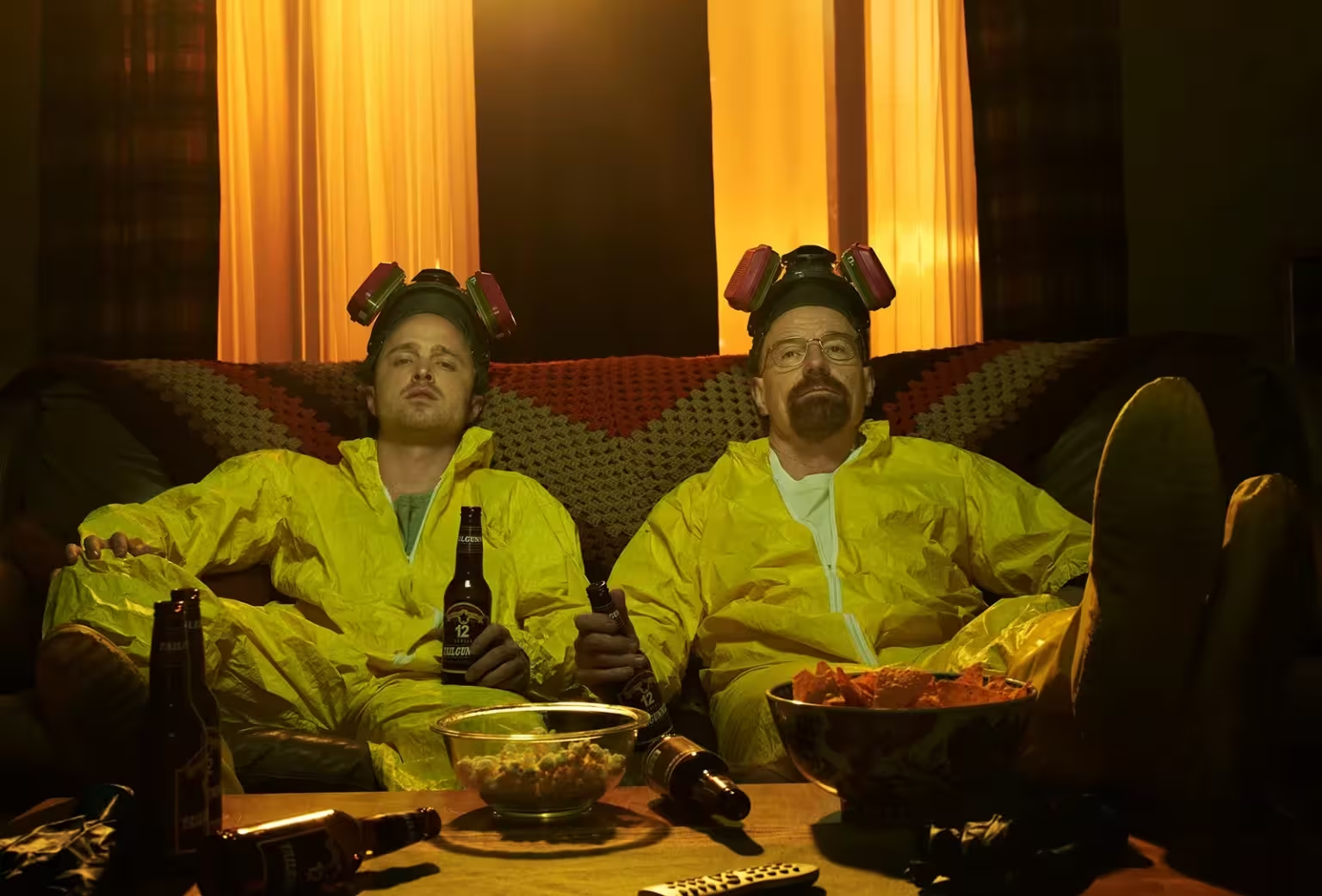
Boardwalk Empire
Why it matters
Set during Prohibition, Boardwalk Empire blends historical epic with gangster politics. Led by an elegant production design and a pilot directed by Martin Scorsese, the series explores how prohibition-era corruption and ambition birthed modern organized crime.
Behind the scenes
The show’s commitment to period detail—from wardrobe to set design—was award-winning. It also introduced younger audiences to historical figures like Al Capone and Lucky Luciano in a richly textured narrative.
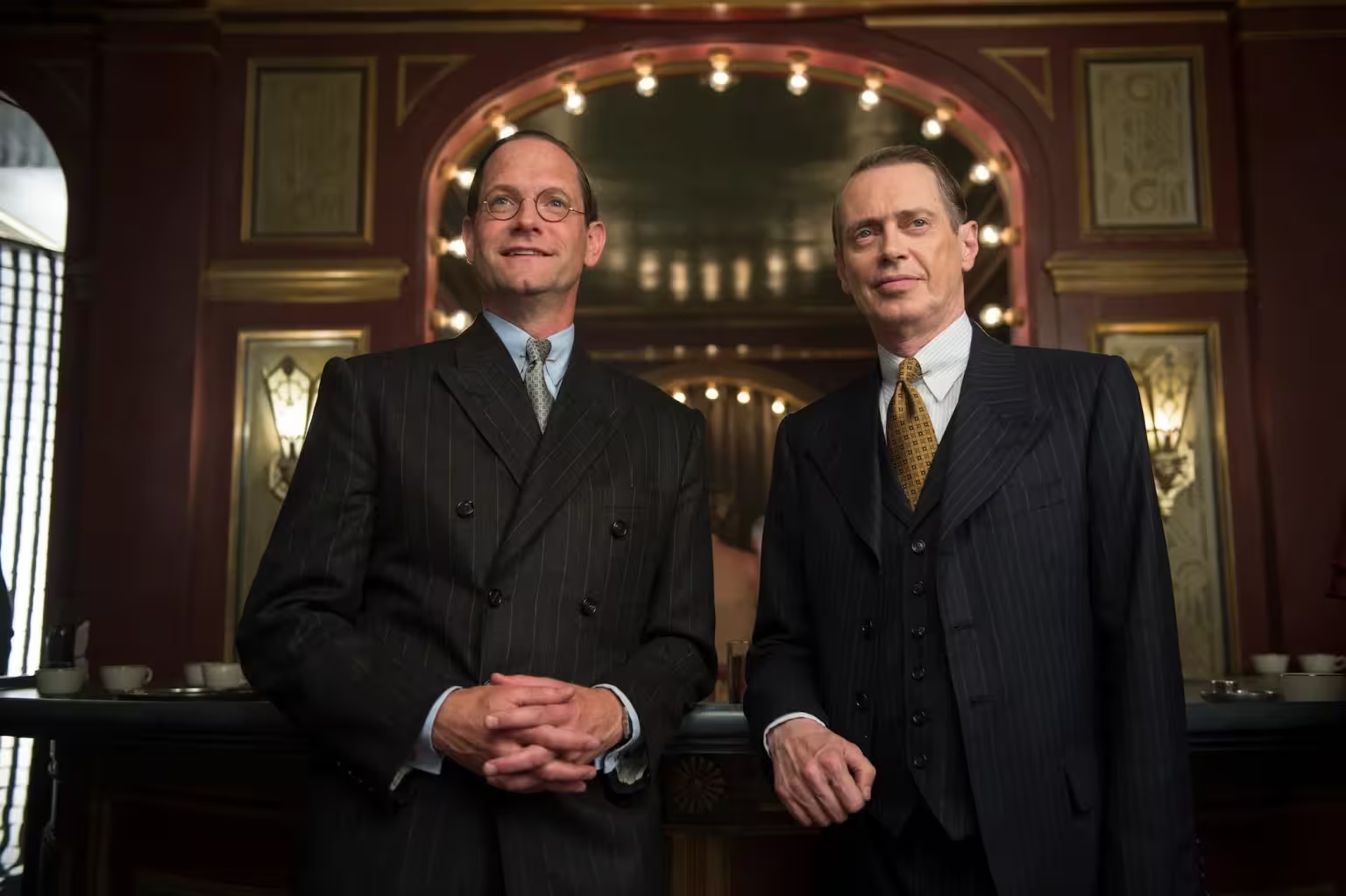
Peaky Blinders
Why it matters
Peaky Blinders reimagines post-WWI Birmingham with cinematic style: stylized visuals, a modern soundtrack, and a complex antihero in Tommy Shelby. The series uses its historical moment to explore class conflict, the rise of political extremism, and family loyalty.
Musical & cultural notes
Unlike many period pieces, Peaky Blinders pairs 1920s settings with contemporary music—an intentional choice that gives the show an anachronistic edge and broader pop-cultural appeal.
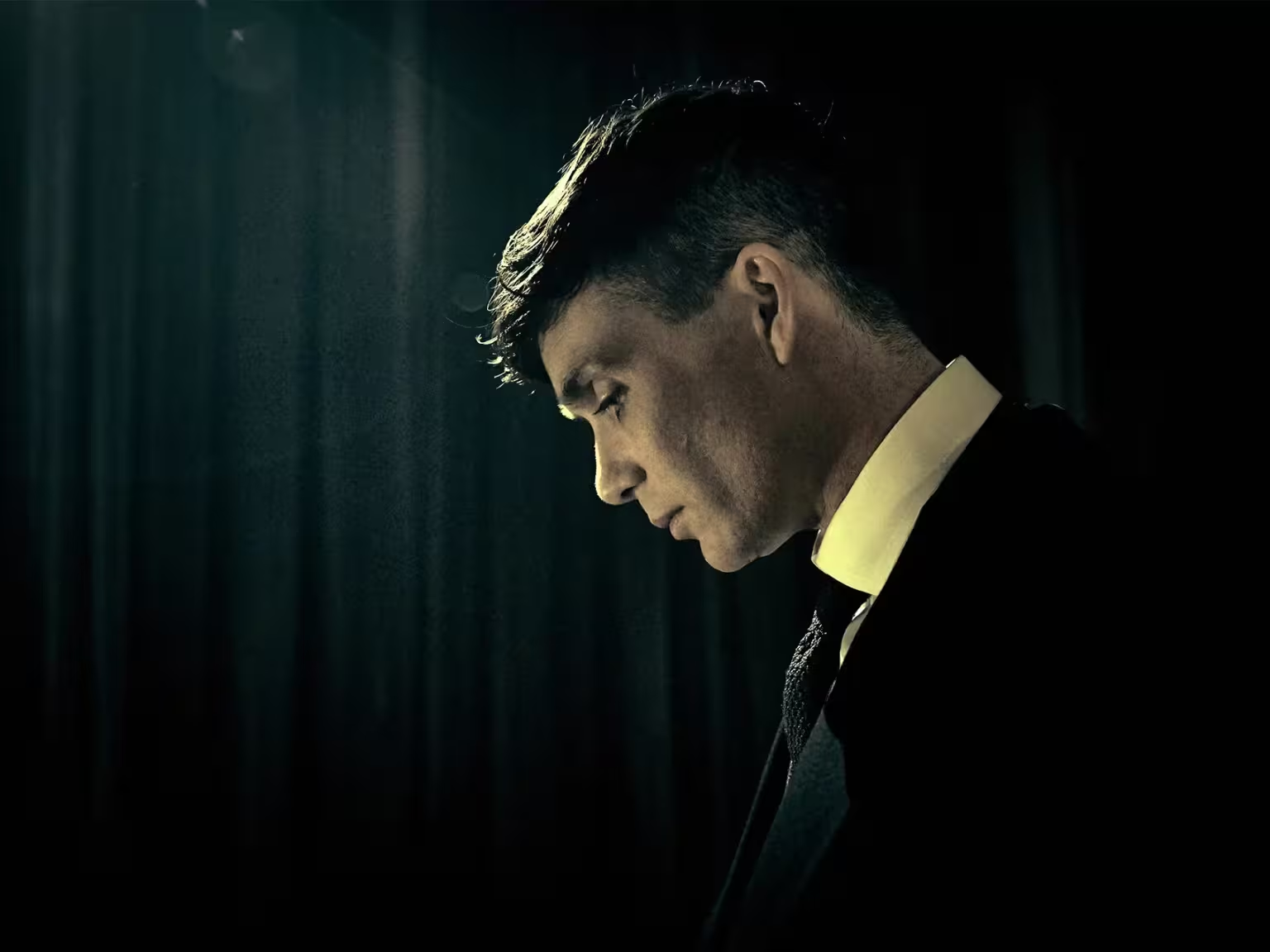
Fargo
Why it matters
Inspired by the Coen brothers’ film, Fargo transforms the original’s blend of dark comedy and crime into an anthology format. Each season presents new characters and moral puzzles, maintaining the film’s oddball tone while exploring fresh stories about greed, chance, and consequence.
Style and storytelling
Fargo proves that anthology crime can be as thematically coherent as serialized narratives—each season is a mini film with its own voice and moral center.
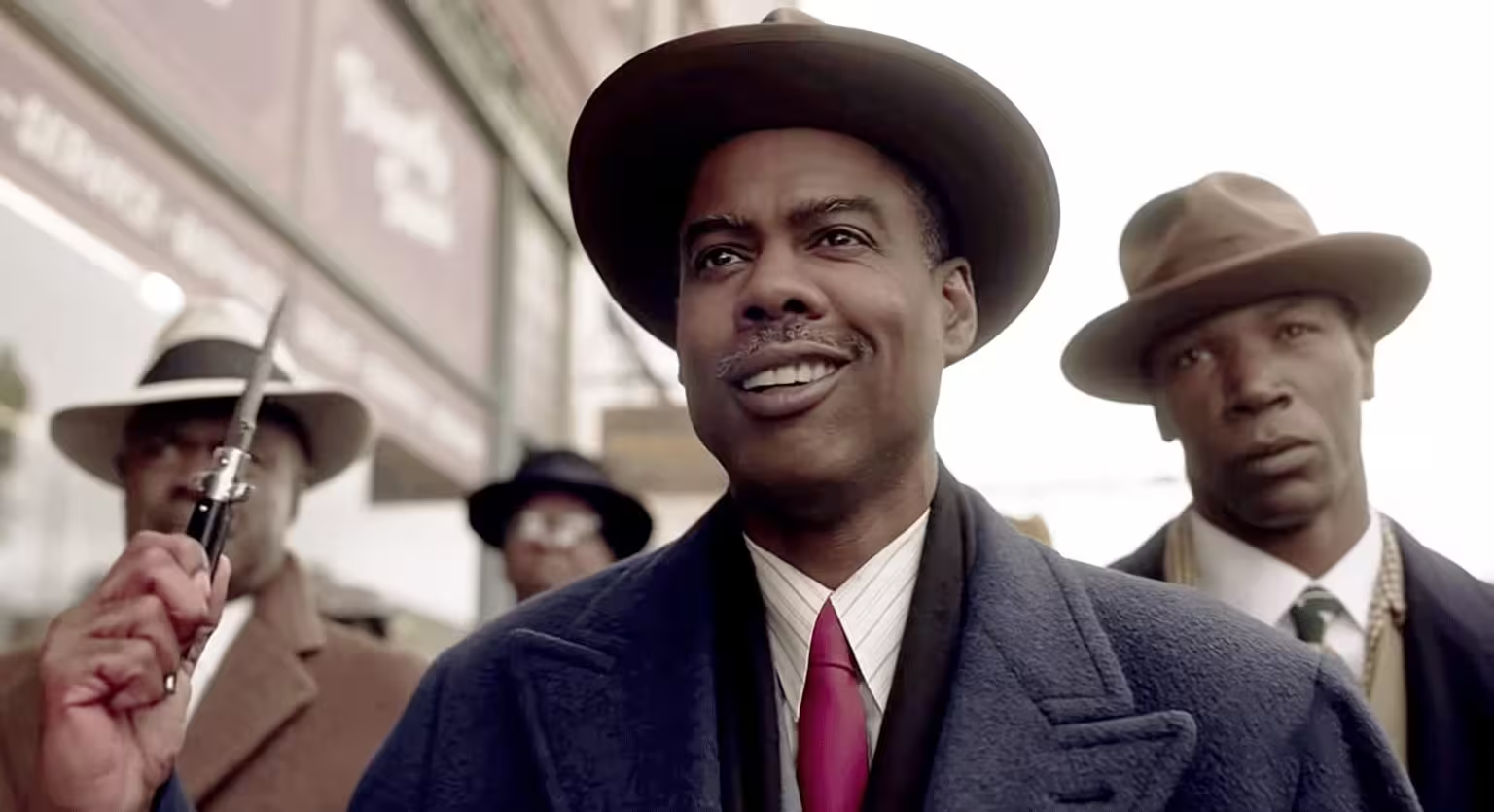
Better Call Saul
Why it matters
Better Call Saul is a rare example of a spin-off that equals—and at times surpasses—its parent series. By unpacking Saul Goodman’s transformation and grounding the story in slow-burning legal drama, the show deepened the Breaking Bad universe and demonstrated how prequels can add new emotional layers to familiar stories.
Critical perspective
Bob Odenkirk’s performance and the show’s measured pacing make Better Call Saul a case study in character-driven storytelling that rewards long-term viewers.
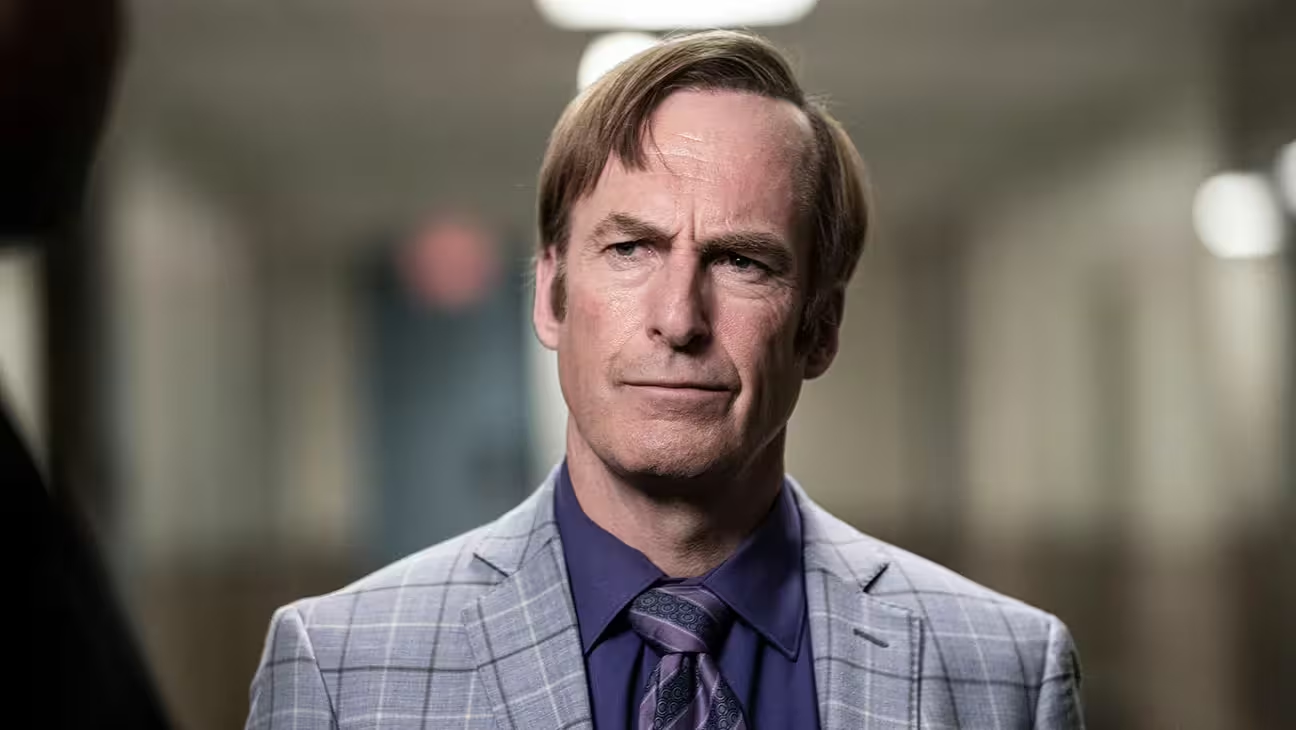
Expert insight
"These seven series show how crime drama evolved from genre entertainment into a vehicle for cultural critique and character study," says Elena Marquez, cinema historian. "They reveal societal tensions—race, class, corruption—while delivering gripping, personal stories that resonate globally."
How these shows changed TV and what to watch next
Together, these seven crime dramas redefined modern television storytelling. They taught writers and producers that audiences crave moral complexity, cinematic production values, and long-form character arcs. For viewers looking to continue the journey, consider explorations of similar themes: true-crime docuseries that dig into institutional failure, or modern anthologies that interrogate moral ambiguity in short bursts. Shows like Ozark, Mindhunter, or newer international hits draw clear lineage from the titles above.
Conclusion
Whether you’re drawn to the psychological depth of The Sopranos, the institutional critique of The Wire, or the slow-burn tragedy of Breaking Bad and Better Call Saul, these series represent the apex of crime storytelling on television. They demonstrate that crime drama is not just about crimes committed—it’s about the human systems, choices, and consequences that follow. For fans of cinema, serialized drama, and the arts, these shows remain essential viewing and a high-water mark for what television can achieve.
Source: thoughtcatalog


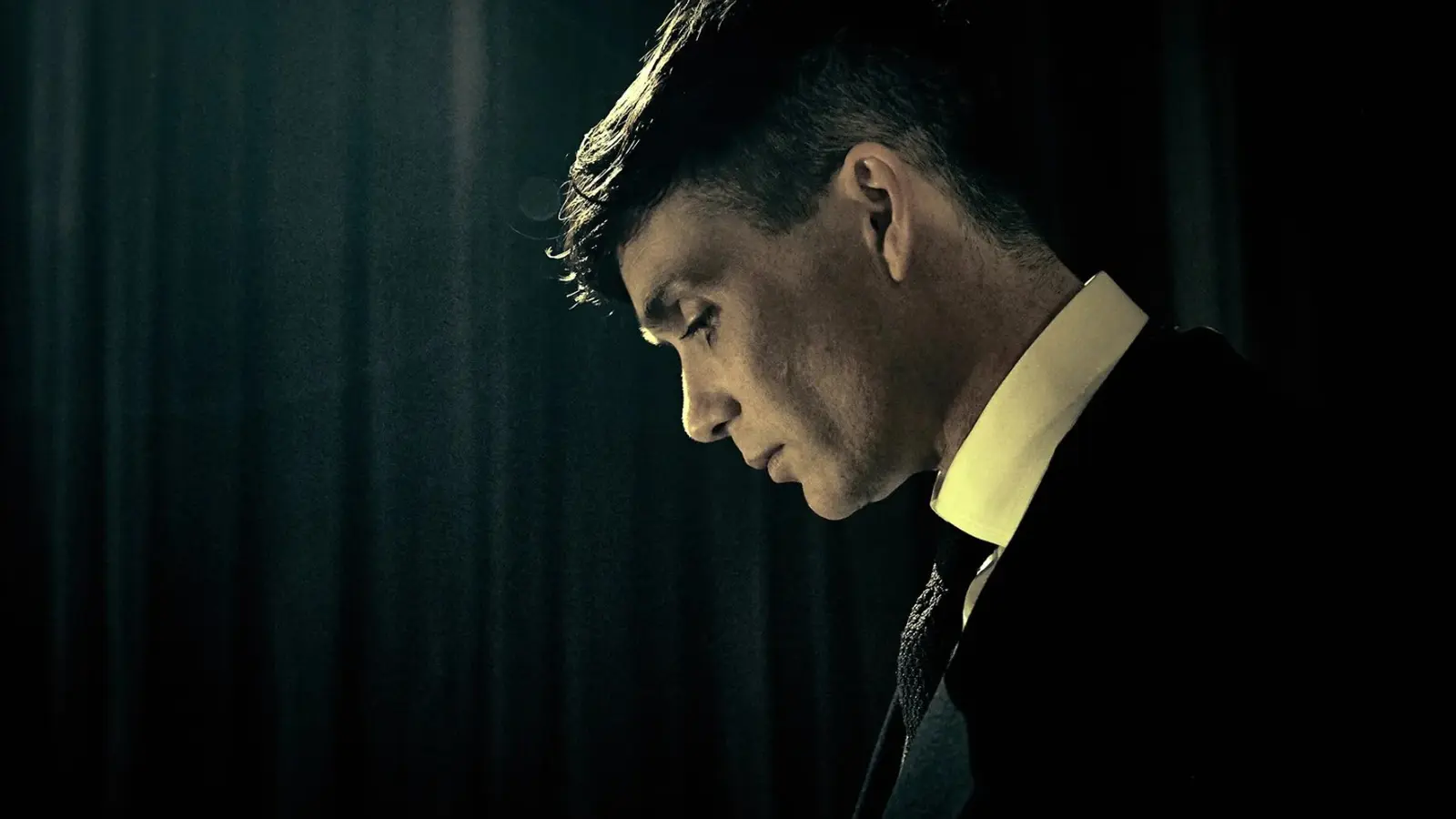
Leave a Comment